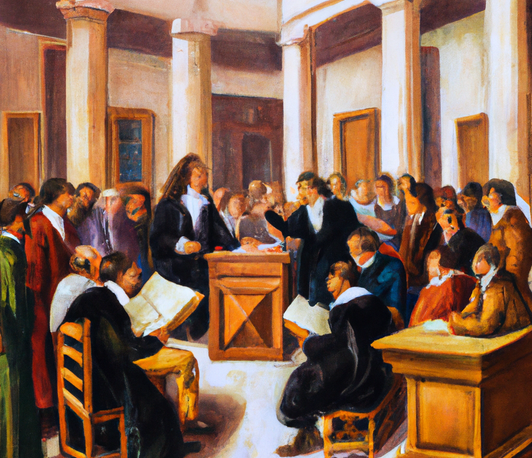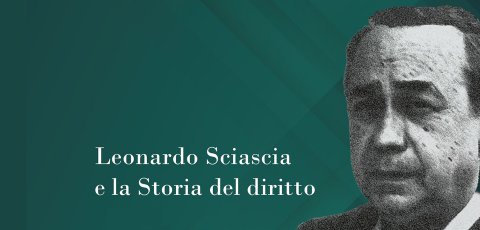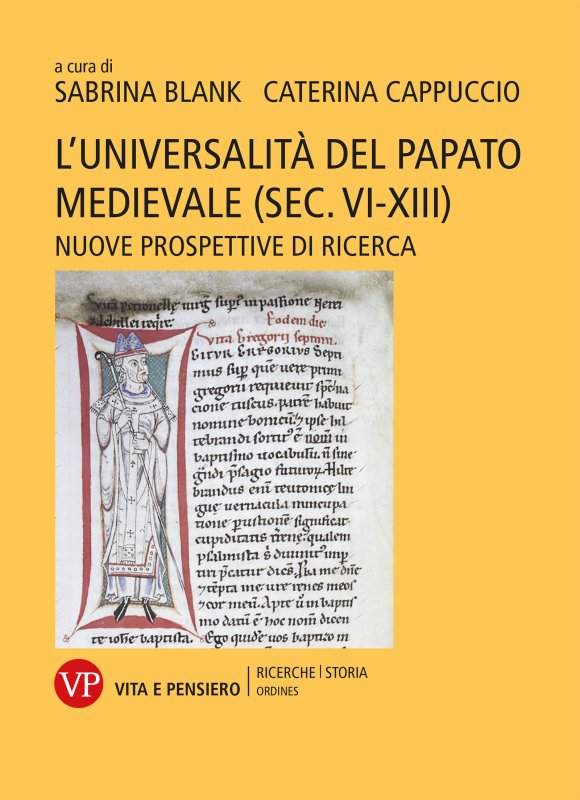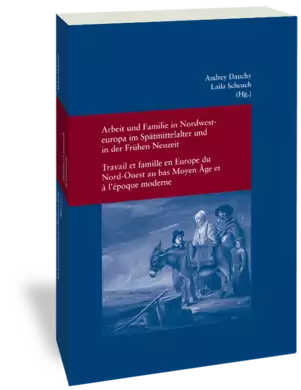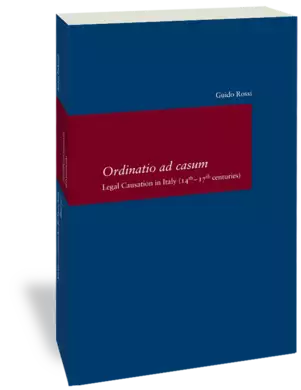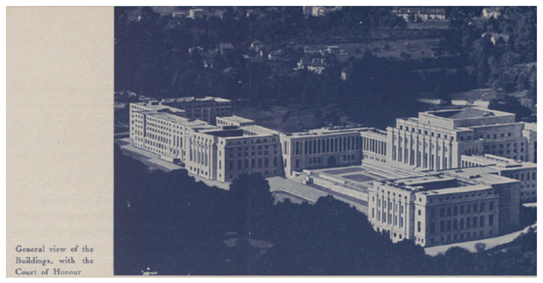The ‘common good’ in the petitions and appeals of the medieval towns at the Portuguese Cortes (Maria Helena da Cruz Coelho) (DOI 10.1080/02606755.2022.2139531)
Abstract:
As in the rest of the Iberian Peninsula and wider Europe in the fourteenth and fifteenth centuries, Portugal's main towns and cities were ruled by a small number of men, who made up a power elite. Such power elites were recruited from the bosom of the urban economic, cultural, and social elites. This group, however, was even more restricted, as during that period municipal governance lay in the hands of few officials and homens bons (boni homines). It was from among this restricted group of rulers that the municipal representatives to the cortes were chosen. This article will approach the discourse employed by the elites in the cortes based on the political concept of the ‘common good’ — an ideological concept in which a collective benefit prevails over private interests. In the argumentative rhetoric that was the discourse provided alongside requests and grievances aired on the stage of the cortes, the public good and common good were presented as objectives of good governance and fair decisions required as part of the political process. It is clear, however, that it was an open concept employed by different actors for various practical purposes as it will be explained.
Radicalism in the old regime: the challenge of parliamentary sovereignty in Sweden, 1769–70 (Magnus Linnarsson) (DOI 10.1080/02606755.2022.2133371) (OPEN ACCESS)
Abstract:
This article analyses how notions of parliamentary sovereignty, were posited against universal principles of the separation of powers, using the debate in the Swedish Diet (Riksdag) in 1769 on the Act of Security as an example. The act was launched as an attack on the prevailing parliamentary sovereignty. Since the mid-eighteenth century, the Riksdag had established itself as the sovereign power in Swedish politics and its critics argued for the need of personal and material security. The analysis shows how egalitarian ideas and democratic elements became part of the political discourse. This article argues that this debate was decisive for the coming end of the Swedish Age of Liberty (1719–72), and that it exemplifies a political conflict between radicals and conservatives. It also shows how the debate was a battle for alternative paths of state formation. Either a strong state, dominated by elite groups with capacity to control policy, or a more participatory government, with traces of early democratization. The analysis draws on two key analytical concepts: the ‘rule of law' and ‘political participation’. In the debate, the rule of law became an instrument for limiting political participation when the aristocracy tried to strengthen its powers.
A sub-imperial realm amidst the global parliamentary moment: legislative imaginations of Russian Poland, 1905–18 (Wiktor Marzec) (DOI 10.1080/02606755.2022.2137225)
Abstract:
This article seeks to explore the ideal of parliament nurtured by various political actors in the Russian-controlled Kingdom of Poland, up to the formation of the Polish nation state after the interim German occupation. Spanned between the legacy of the noble Sejms and radical democratic ideas for future Poland, the cultural imagination of parliamentarism faced its imperfect embodiment in the existing imperial assemblies – above all, the Russian Duma. Drawing from an extensive collection of political leaflets, press of various profiles and Russian administrative sources, I demonstrate the entangled, lived relationship between parliament and revolution, by no means opposite concepts in the global wave of constitutional revolutions. The parliamentary ideal served to renegotiate the arrangements of imperial social space in the direction of national self-assertion and perpetuated social practices conductive to future democratic arrangements. The actors involved demonstrated ambiguous potentials of various forms of national representation. These experiences and considerations had grave consequences in the critical juncture of the revolutionary sequence leading to the emergence of the Polish nation state – for the time being, in a majoritarian parliamentary form.
Speaking of politics in parliament: experiences of writing a book on the digitized Bundestag debates, 1949–2017 (Kari Palonen) (DOI 10.1080/02606755.2022.2150364)
Abstract:
This article consists of ex post methodological reflections on the procedures and practices that I applied in my monograph Politik als parlamentarischer Begriff: Perspektiven aus den Plenardebatten des Deutschen Bundestags (Leverkusen, 2021). The book analyses through 18 parliamentary terms the conceptualization of politics in German Bundestag plenary debates from 1949 to 2017. The book was an illustration of my long-term aim of combining political theorizing with the empirical analysis of debate. In writing the book, my guiding idea was to apply Ludwig Wittgenstein’s point, that the meaning of a concept lies in its use, to an analysis of how parliamentary debates open a perspective on the conceptualization of politics closer to ‘political life itself’, to quote Quentin Skinner. Conversely, I also wanted to discuss how a focus on politics as a concept helps us to improve our understanding of the parliamentary style of politics, in which parliamentary voting forms the last step of a debate. To this purpose, the book assumes that every item on a parliamentary agenda has a political aspect to be debated. The book makes use of two interpretative approaches: the rhetoric of topoi and a typology of politics as an activity.
Inside the innovation: participants’ perceptions of the Consultative Committee of Inquiry to Enhance the Quality of Democracy in Austria, 2014–15 (Michael Hunklinger) (DOI 10.1080/02606755.2022.2139530)
Abstract:
This article is a comprehensive analysis of the democratic benefit of a democratic innovation introduced to the Austrian Parliament in the year 2014–15: the Consultative Committee of Inquiry to Enhance the Quality of Democracy in Austria. As a novelty, eight citizens, selected by lot, were included to participate in this committee. This article looks at the perceptions of these citizens (gathered via interviews), committee protocols and media coverage. The committee deepened the lack of trust in politics, and it fell prey to party politics. Pseudo-participation to window-dress problems is likely to be detected by participants and the media, especially when they occur in established forms of deliberation. This article shows that, instead of enhancing democracy, democratic innovations can backfire.
Are they one of us? The effect of political professionalization on the political elite's social closure and the principal-agent problems, 1978–2019 (Andreu Paneque) (DOI 10.1080/02606755.2022.2139889)
Abstract:
This article examines the effect of political professionalization on descriptive representation and the principal-agent problems in the European micro-states and six large-scale democracies since 1980. By doing so, the article revisits an ongoing debate about the consequences of having a political elite professionalized. Using an original data set consisting of the individual and legislative professionalization characteristics of twelve European sovereign states and the aggregate socio-demographic characteristics of parliamentarians at national parliaments, this article shows that while legislative professionalization is a determinant for descriptive representation, politicians’ professionalization is a negative determinant for political responsiveness and accountability. Moreover, this article underlines population size as a determinant for the descriptive representation of certain socio-demographic characteristics and it describes the null effect of population size on the negative causal relation of politicians’ professionalization on political responsiveness and accountability.
The institutional development of Legislative Supporting Agencies (LSAs) focusing on the differences among parliamentary-system countries (Jun Makita) (DOI 10.1080/02606755.2022.2138190)
Abstract:
This article focuses on Legislative Supporting Agencies (LSAs) as agencies supporting the activities of the legislature. It elucidates the relationship between the institutional development of LSAs’ and other political factors, paying attention to the characteristics of the parliamentary system. The main factors that influenced the development of LSAs’ are presented. These factors are the classification of legislatures as arena-type or transformative-type and the actors that have a legislative supporting function other than LSAs in parliamentary countries (bureaucrats and parliamentary group staff). An important suggestion for the causation between these factors and the development of LSA's can be made as a result of statistical analyses.
Read the issue on T&F Online.









